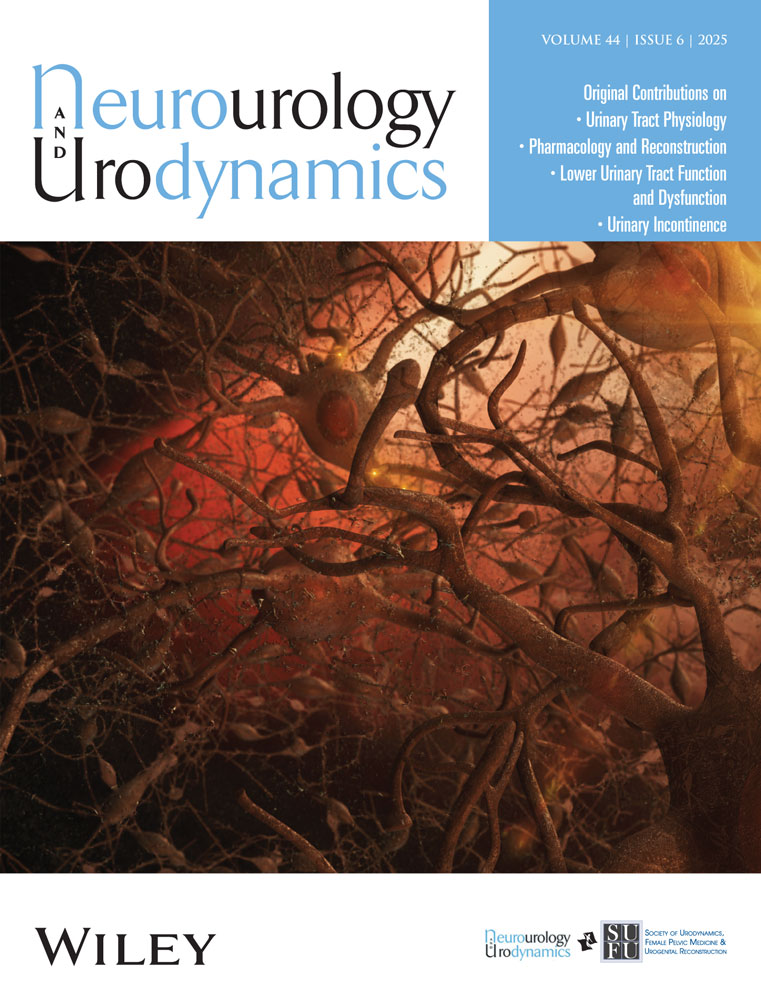Patient Experience and Healthcare Access Among Women With Recurrent Urinary Tract Infections
ABSTRACT
Introduction
Up to 60% of women in the United States will experience a urinary tract infection (UTI) in their lifetime, making it one of the most common infections amongst women. This study aims to explore themes related to patient experiences and barriers to care when accessing and receiving care for recurrent UTIs (rUTIs).
Methods
This was a qualitative cohort study with a cross-sectional survey. Participants were 18 years or older, assigned female at birth, English-speaking, and had a diagnosis of rUTIs. Demographics, clinical data, and the validated Patient Satisfaction Questionnaire (PSQ-18) and Quality-of-Life Survey (ICIQ-LUTSqol) were administered. The semi-structured qualitative interviews focused on patient experiences including barriers to care related to the diagnosis of rUTIs. Participants were stratified by age (18–40, 41–64, and 65+ years) to capture diverse opinions. Interview transcripts were coded using NVIVO14 software.
Results
This study consisted of 16 participants in 18–40 (n = 5), 41–64 (n = 6), and 65+ (n = 5) age groups. The mean age was 53 ( ± 19.5) years old. Both PSQ-18 score analysis and ICIQ-LUTSqol score analysis revealed no statistically significant difference between any age group. On qualitative analysis, two main themes and six subthemes were identified. First, participants shared negative experiences when accessing rUTI care, especially centered around the stigma of having an rUTI diagnosis, the negative impact of rUTIs on emotional wellbeing, invalidated concerns, and limited knowledge on preventative measures. Second, participants discussed barriers they faced when accessing rUTI, with limited urologist/urogynecologist access and financial burden of rUTI care being the most prominent. Matrix analysis revealed that the 18–40 and 65+ age group more frequently discussed topics of shame, guilt, and stigma associated with rUTIs.
Conclusions
In this qualitative study, patients shared their negative experiences receiving care for rUTI's and the barriers they faced in accessing care. Concerns of stigma, negative emotional impact, invalidated concerns, and limited information on preventative measures provide insight to the experiences of women when engaging with providers for rUTI care. Potential barriers to care include limited access to a urologist/urogynecologist and the financial burden of rUTI care. These findings may serve as the foundation for optimizing patient experience and reducing barriers to care for women living with rUTIs.
Conflicts of Interest
The authors declare no conflicts of interest.
Open Research
Data Availability Statement
The data that support the findings of this study are available on request from the corresponding author. The data are not publicly available due to privacy or ethical restrictions. Study data may be available from the corresponding author upon reasonable request.




